Are you or your business interested in fully funding or contributing to vital research and conservation projects for manta and devil rays? We are seeking support for the following initiatives and would love to speak to you about them in more detail.
Please get in touch with us to learn more by clicking the button below!
CORE CONSERVATION
Core Conservation – supporting the central team behind global efforts to conserve manta and devil rays
The Manta Trust was formed to conserve manta and devil rays through a combination of research, education, and collaboration. Our knowledgeable team is one of our greatest conservation tools, driving forward conservation for manta rays, their relatives and habitats on international and local scales. As an umbrella organisation, our core operational team co-ordinates these efforts for 30 affiliated projects in 21 countries. Without our small but mighty core team we would not have been able to achieve some of our greatest our conservation outcomes; they are the foundation behind all our work. Support towards the work of our central team will ensure a bright future for manta and devil rays worldwide.
FISHERIES AND POLICY
Tackling the Global Trade of Manta and Devil Ray Gill Plates
Overfishing threatens manta and devil rays around the world with extinction. Between indiscriminate fishing practices that unintentionally catch manta and devil rays and targeted fisheries that focus on these rays to trade their gill plates, we are witnessing declines of manta and devil ray populations around the world. Despite legislation in place to protect these enigmatic animals, there are loopholes that enable continued trade. Informed by our global network of manta and devil ray experts, affiliate project leaders and communities around the world, the Manta Trust is mobilizing an international action plan to tighten international trade restrictions to curb their decline and bring them back from the threat of extinction.
EDUCATION AND DEVELOPMENT
Fostering the Next Generation of Ocean Advocates
In the UK and worldwide, the marine conservation industry is predominantly made up by those from privileged backgrounds, but conservation efforts can only be successful is everyone has a seat at the table. Effective marine conservation is best informed and driven through collaborations of individuals from diverse backgrounds including those local to the issues at hand. To overcome the disparity in our sector, the Manta Trust is working to create more accessible ocean education opportunities globally, to ensure that the next generation has the opportunity, skills and knowledge to engage in marine conservation.
MANTABASE
MantaBase: a global platform for manta identification
Over the years, citizen scientists have helped us build a large database of manta rays around the world. Using this database, we are currently developing a new automated manta identification platform. Citizen scientists around the world, including divers, snorkellers, marine biologists, guides and tourists will be able to identify manta rays they have seen and learn more about the individuals they have encountered. This will not only engage more people with our work, but create a powerful tool for scientists and conservationists to gain further insight into manta ray population dynamics. As the technological age progresses, our team will benefit from automated, open-access systems that can support our research. Help us to bring this platform to life!
THE RAHVESHI PROGRAMME
The RahVeshi Programme – Driving locally led marine conservation in the Maldives
An island nation made up of 99% ocean, the Maldives is home to the world’s largest known population of reef manta rays and the third largest population of oceanic manta rays. Climate and development impacts threaten the unique and rich marine ecosystem that provide the Maldives with the highly economically important fisheries and tourism industries. So now, more than ever it is essential to continue conservation efforts. Due to financial constraints, marine conservation in the Maldives has historically centred around luxury resorts, leaving both knowledge gaps in more remote marine ecosystems as well as a lack of involvement of Maldivians in conservation efforts. The RahVeshi Programme aims to establish long-term research and outreach projects in remote parts of the country, that engage and are driven by Maldivians.
INDIA MOBULID PROJECT
Identifying the social causes behind the manta and devil ray trade in East India
India is one of the key suppliers for the international gill plate trade, the key factor causing the decline of manta and devil ray populations worldwide. In addition, local manta and devil ray meat consumption in India is one of the highest in the world. In order to target these practices and bring manta and devil rays back from the threat of extinction, policy-makers and local stakeholders must make informed decisions. The India Mobulid Project will create a comprehensive case exploring the impact of these practices in East India on local manta and devil ray populations, by filling vital data gaps which will incorporate local ecological knowledge and by pinning down the socioeconomic drivers for the local and international trade.
WEST AND CENTRAL AFRICA
The West and Central Africa Shark and Ray Coalition: a regionally coordinated conservation approach
Fisheries are the key issue causing the decline of manta and devil rays worldwide. West Africa has recently been identified as key region for shark and ray fisheries, with large numbers of previously unreported landings. However, at present, conservation efforts in this area are scattered and under-resourced. It is essential to develop cohesive and evidence-based conservation strategies through a collaborative approach involving fishing nations in West Africa. Our affiliate project the African Marine Mammal Conservation Organisation (AMMCO) will lead the creation of a regional network for collaboration and knowledge exchange among conservation researchers and practitioners from 13 countries. This network will ensure that communities and researchers have the knowledge and skills to work towards common conservation goals for manta and devil rays.







